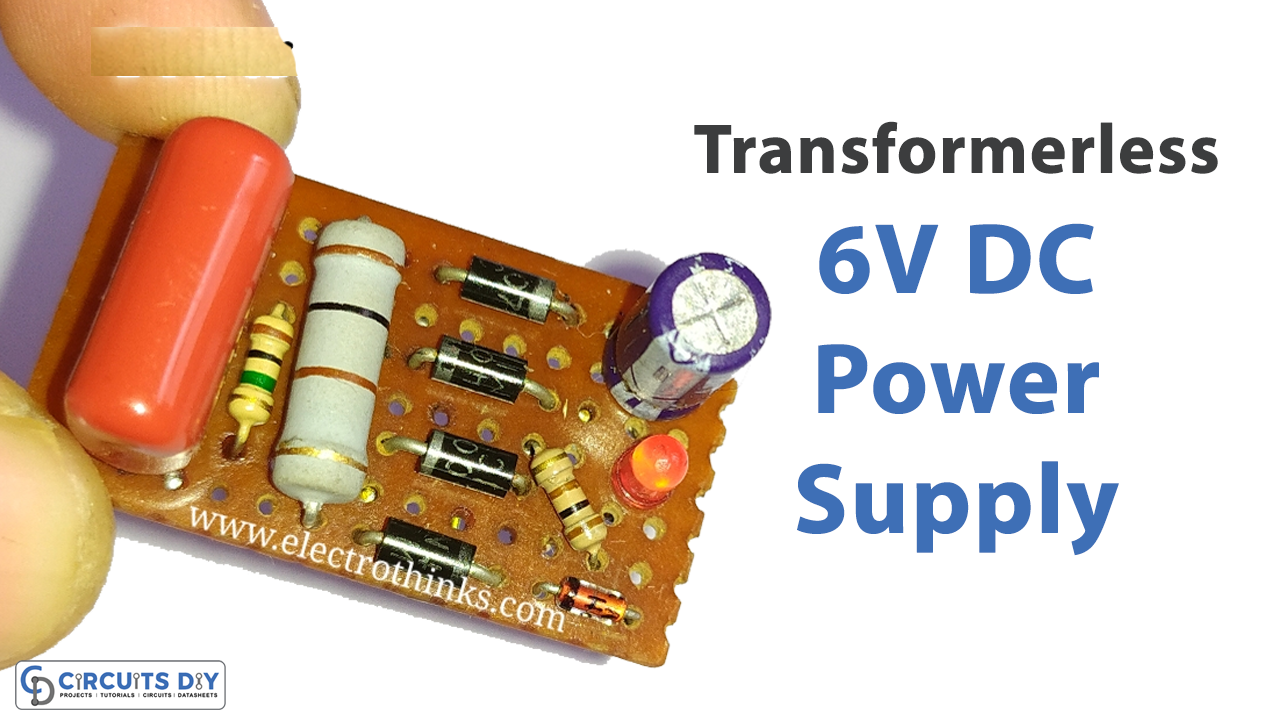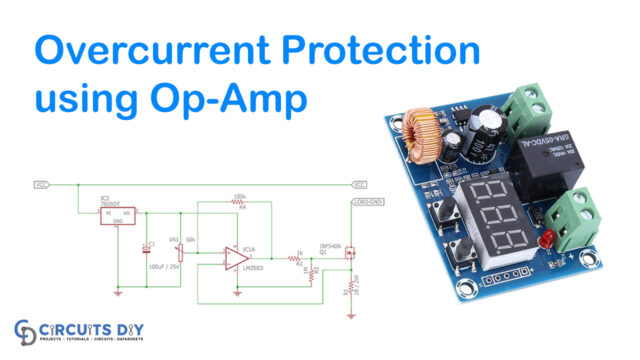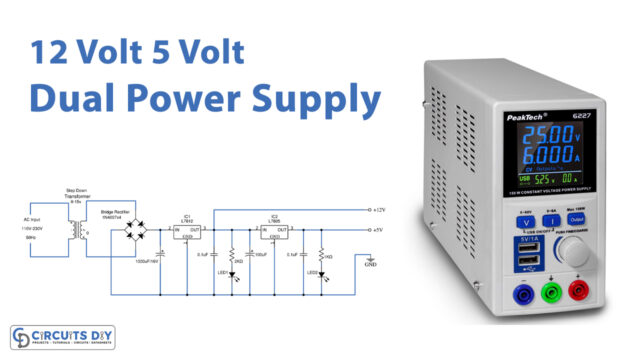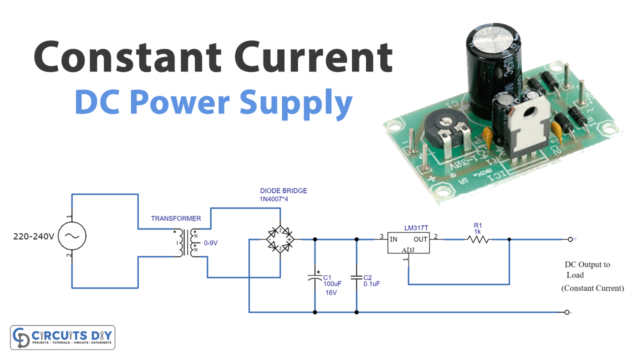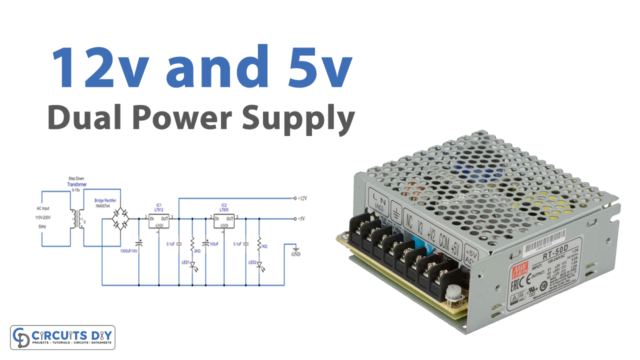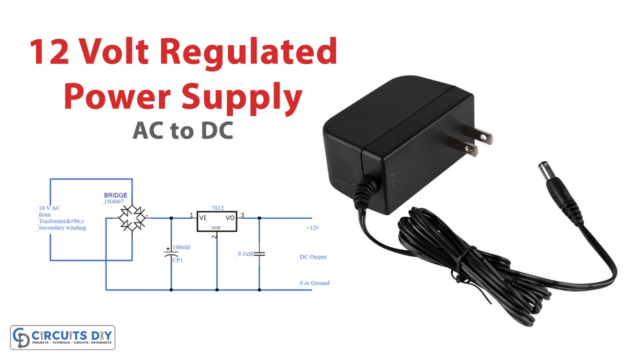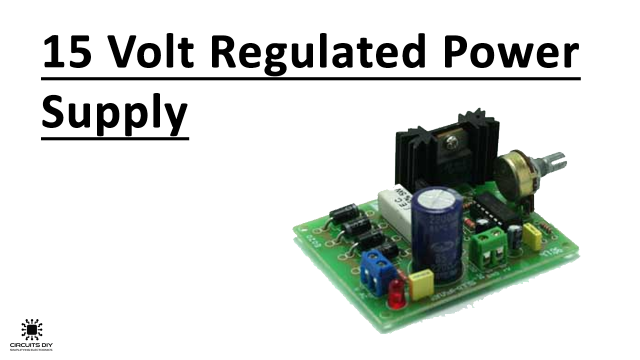In this tutorial, we are going to make a “6V DC Transformerless Power Supply”. Generally, electronic products have a step-down transformer, that enables the DC power supply to convert AC mains voltages to DC voltage. The process involves converting a higher AC to a lower AC, then to a low-voltage DC. This process is sufficient in the long run, it can be expensive and bulky. Because it will also require a larger space during the design and manufacture of the product.
Almost every electronic circuit and device requires low DC voltages, between 3.3V to 12V sometimes not greater than 30V. Therefore, a cheaper and better alternative you should look into is the transformerless power supply. Besides being a switch-mode power supply, it is less costly and small in size. If we design a circuit that does not require pure DC but requires only DC means, we can use the transformer-less power supply made with an x-rated capacitor. This circuit is capable of providing almost pure DC supply from AC mains. We design a transformer-less power supply, to produce a 6V DC output supply.
Hardware Required
| S.no | Component | Value | Qty |
|---|---|---|---|
| 1. | X-Rated Capacitor C1 | 474k/400V | 1 |
| 2. | MOV Metal Oxide Varistor | – | 1 |
| 3. | Zener diode | 6.2V / 1watt | 1 |
| 4. | Diode | 1N4007 | 4 |
| 5. | Resistor | 120Ω/1W,470KΩ/1W,100Ω/1W,1KΩ/0.5W | 1,1,1,1 |
| 6. | Capacitor | 1000uf | 1 |
| 7. | Fuse | 5A | 1 |
| 8. | Connecting Wires | – | – |
| 9. | LED | – | 1 |
Circuit Diagram
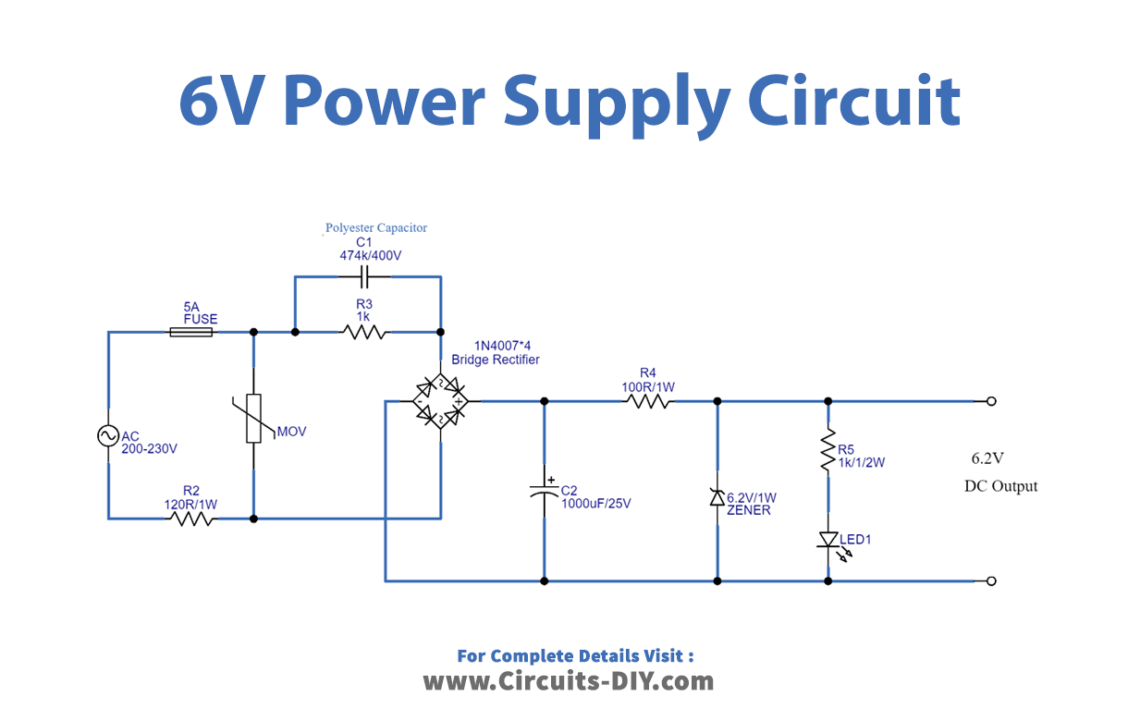
Working Explanation
As we can see in the circuit, we have used an X-rated capacitor C1 (474k/400V). Which is connected serially with the AC mains phase line through the fuse. This circuit takes AC input between 200 – 300V. Here R2 resistor is connected parallel to the C1 capacitor, to discharge the energy when there is no AC supply. Between the fuse and C1 capacitor MOV (metal oxide varistor) is connected, to protect the circuit from power surges and voltage spikes. Now, the bridge rectifier is constructed using four 1N4007 diodes, and the output of the rectifier is connected with filter capacitor C2. Further, the DC voltage is regulated by using a Zener diode (6.2V / 1 watts). Here the red LED connected across the output DC line indicates the presence of a DC supply. We can get a different level of DC voltage by replacing different rated Zener diodes. The MOV is an important protection part in this circuit and can make a short in case of its defect. It can die when there is a too-high transient on the input voltage. The fuse can protect the circuits before and after when the MOV dies with a short. So the fuse and MOV are going hand in hand, and they are very useful protection for every circuit which are powered by 230V AC.
When applying an AC mains supply to this circuit x-rated capacitor reduces the AC supply into low voltage AC by capacitive reactance property. This low-voltage AC supply is rectified and converted into a DC supply by bridge rectifier elements. Then DC output is filtered and regulated by a capacitor and Zener diode. Finally, in the end, we get a 6.2V DC output. Handle this circuit with extreme caution, as it involves operating high voltage that can give a lethal shock.
MOV (Metal Oxide Varistor)

MOV is the most commonly used type of varistor. This component is made from a mixture of zinc oxide and other metal oxides like cobalt, manganese, and so on. And keep intact between two electrodes, which are basically metal plates. MOVs are the most used component, to protect heavy devices from transient voltages. They are designed to be in parallel mode, as they will have better energy-handling ability. But, if the component is meant for providing a better voltage rating, it is better to connect them in series.
This is a voltage-dependent device designed, to protect electronic circuit components from unwanted power surges produced by various factors. This varistor protects against high voltage changes and gives a barrier to sudden changes in voltage.

X-Rated Capacitor
The X-rated capacitors are non-polarized electronic devices, also known as voltage-dropping capacitors and power-line filter capacitors. They behave like breakdown voltage transformers. Hence, they help step down high-volt AC to low-volt AC in electronic circuits. Mostly used to reduce the AC supply through capacitive reactance property. Since these industrial capacitors are non-polarized, you can connect them in all directions.
Applications
It can be used in portable electronic devices.


